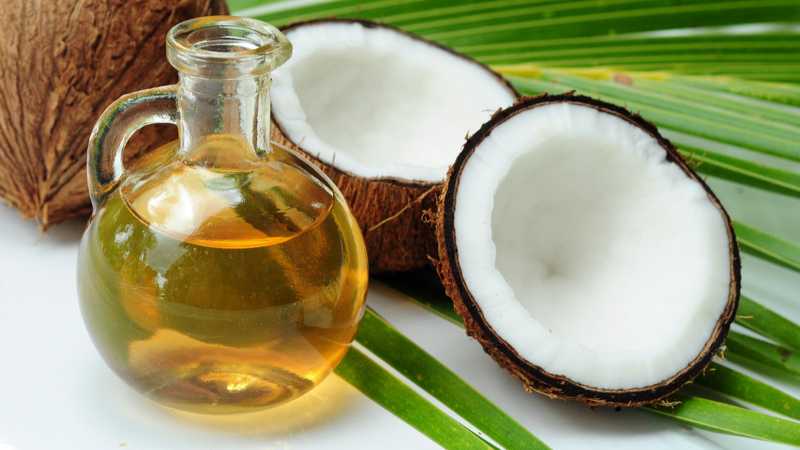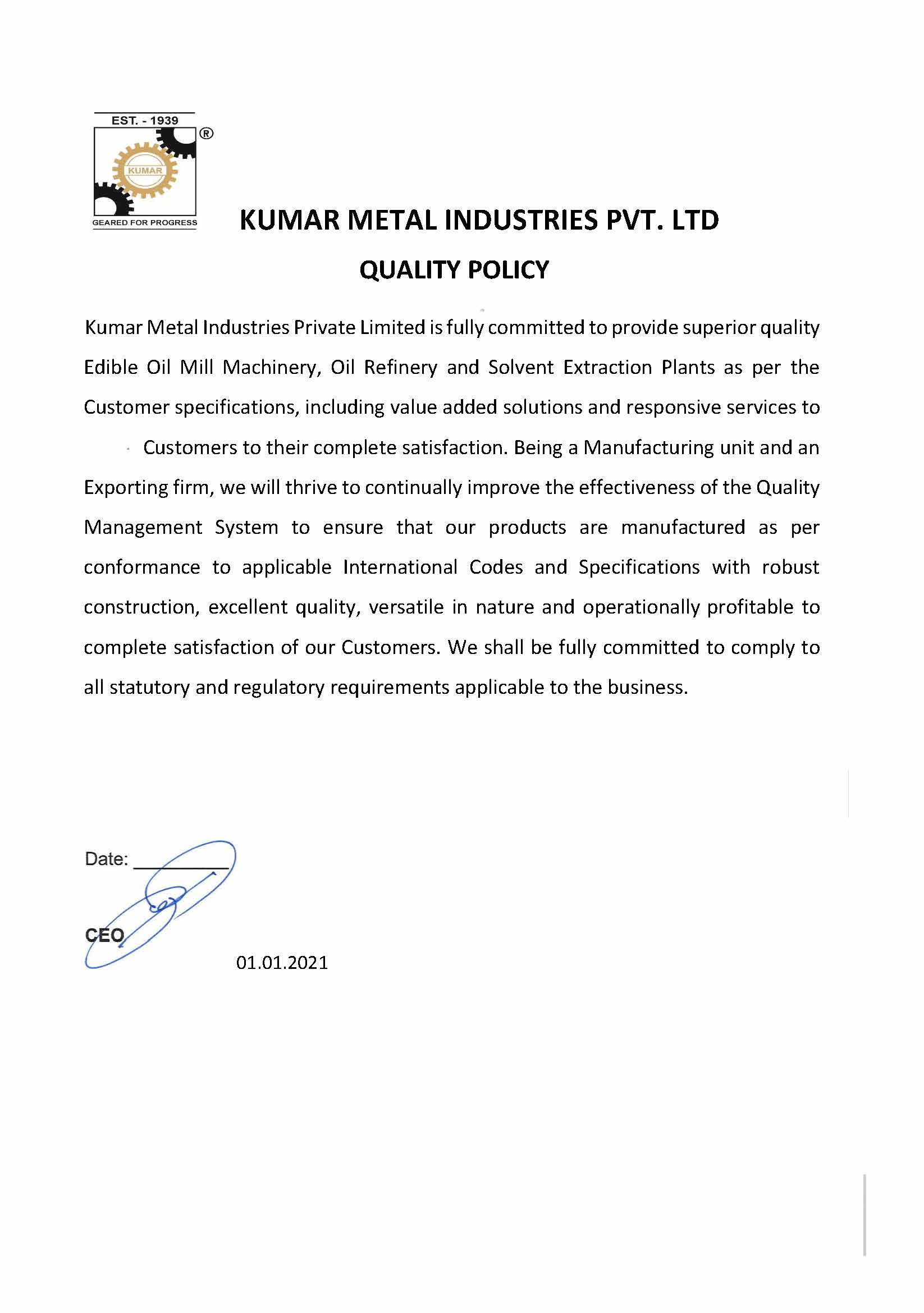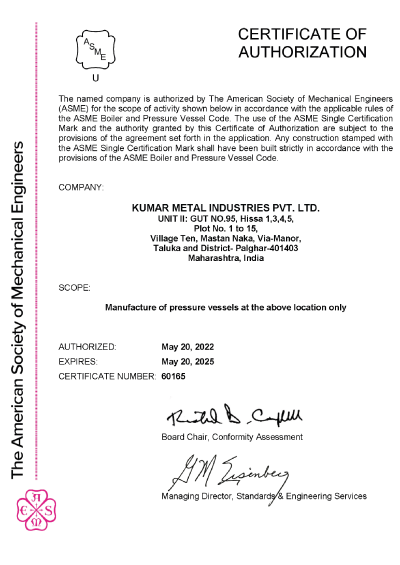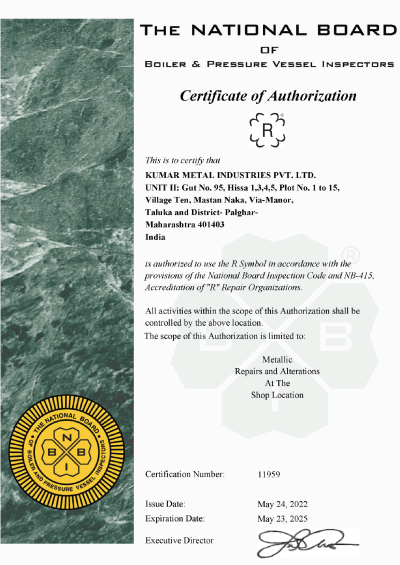
In the old days, oil was extracted using a large mortar and pestle where oilseeds were pounded by hand until the oil came out. This was the original method for cold pressing and didn't involve the addition of any heat. The residual cake was used as cattle fodder. As time went on, the extraction process became more efficient with the evolving use of mechanical aids.
Today, despite the name, cold-pressed oils are simply oils that have been extracted via expeller but in a controlled temperature setting. High temperatures can negatively alter the properties of oil and strip it of any nutritional value and for virgin oils maintaining low temperatures is of paramount importance.
For an oil to be considered cold-pressed, the heat is never from an external source. Per the EU, the temperature must never rise above 27°C, though this guideline varies from country to country. Controlling the heat allows oils to retain all of their original colour, flavour and nutritional value. Cold pressing is generally used only for soft fruits (olives, avocado), seeds (sesame) or nuts (groundnuts, coconut).
Cold-pressed oils are generally unrefined - they are not bleached or deodorised after the extraction process. Terms used for pressings are standard around the globe. However, terminology like 'raw', 'pure', 'virgin' or 'extra virgin' is still very fluid and can vary from country to country; for example, in Italy, extra virgin olive oils are oils extracted solely from the first pressing. When it comes to coconut oil, the term 'extra virgin' essentially has no meaning, as coconut regulating agencies accept only virgin grades.
Cold-pressed oils naturally retain all the healthy anti-oxidants otherwise destroyed by heat in the extraction process. While they tend to have a shorter shelf life and the production cost tends to be high, the market for cold-pressed oils is increasing exponentially as more and more people realise the many health benefits.
The Virgin Coconut Oil Extraction process Coconut oil has long been considered a superfood because its unique blend of fatty acids provides multiple health benefits such as heart health, improved cognitive function, and weight loss.
Virgin Coconut Oil (VCO) is extracted from the fresh and mature kernel of coconuts. It is colourless, sediment-free, with a light coconut flavour and can be consumed in its natural state.
Virgin coconut oil consists mainly of MCFAs (medium-chain fatty acids). It also contains lauric acid, which constitutes 48% of virgin coconut oil MCFAs, and has potent anti-microbial properties capable of destroying disease-causing bacteria, fungi, viruses and parasites. Virgin coconut oil is also suitable for cooking too as it has a high heat tolerance.
Wet meat is washed and stabilised for extraction by the milk or dry route. It is shredded using a fine cutter and dried under controlled conditions from 45/50% moisture level to 3% moisture level and then extracted using a screw press/expeller.
The market for Virgin Coconut Oil Coconuts grow in tropical locations worldwide, but their by-products are consumed all over the world. In addition to cooking, the oil has a range of industrial applications, including the cosmetics, detergents and wellness industries and is in high demand worldwide. The primary importers of coconut-based products are the US and European Union countries.
Before deciding on getting into the virgin coconut oil business,
- identify and plan your supply logistics: to ensure your business is viable, you will need a steady source of quality raw material preferable direct from a farmer or farmers cooperative
- secure land for setting up your plant: you will need at least 3000 square feet of land with a minimum 1000 square feet enclosed space for operations
- arrange utilities: uninterrupted water and electricity supply are necessary to ensure unhindered production
- write a business plan: illustrates your technology, fixed and working capital investments as well as workforce requirements
- define your market: work to securing supply contracts for your business
- ensure compliance: apply for licences with local authorities and trade bodies as well as necessary certifications
When it comes to equipment to manufacture virgin coconut oil, we've got you covered. Kumar recommends always using our SS 304 machine for virgin coconut oil processing for guaranteed purity and a high recovery ratio.
You might find these interesting:
Understand the production process of virgin coconut oil
Read about the commercial aspects of coconut oil production in India
Learn how virgin coconut oil is extracted - the process and the many menthods
For 82 years, Kumar has been delivering dependable process engineering solutions to the oils and fats industry. We're known for our robustly engineered, versatile and operationally profitable plant and machinery. It's why over 500 customers in 65 countries depend on us to solve their processing challenges, big or small. If you’d like to know more about our solutions please fill out the form below:
"*" indicates required fields



















